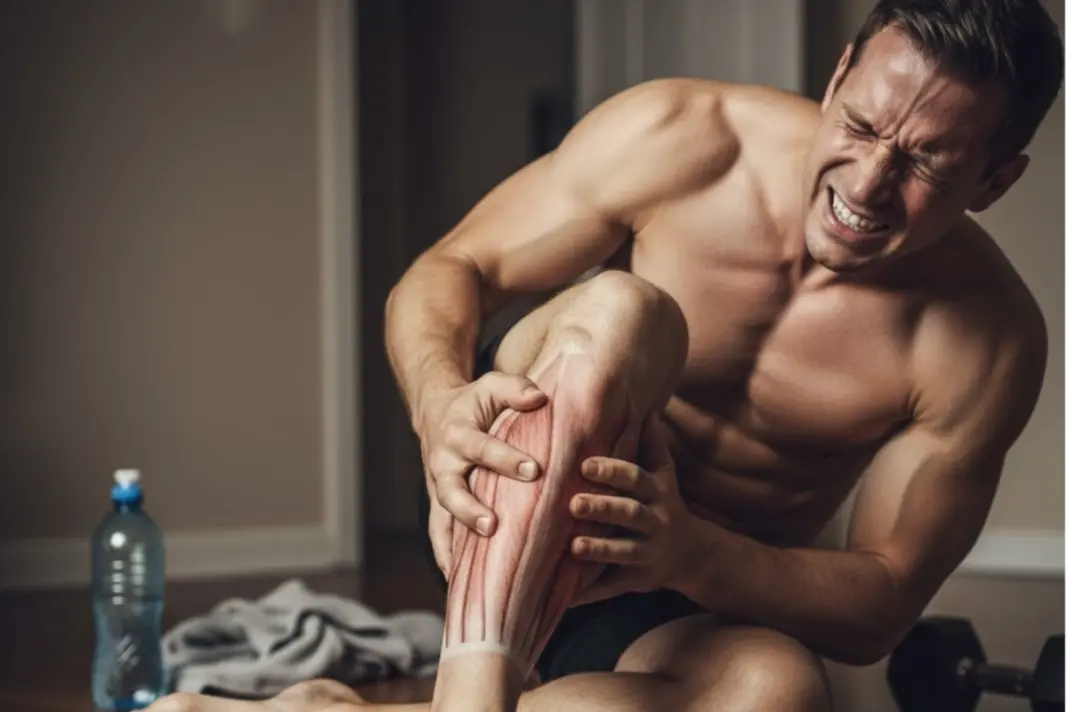Muscle cramps are sudden, involuntary contractions of a muscle that can be sharp and painful. They often happen in the legs or feet during exercise, rest, or even at night. Understanding the causes of muscle cramps can help you prevent them and relieve discomfort quickly.
Causes Of Muscle Cramps
According to Dr Priyanka Sehrawat, a neurologist from Delhi NCR, the most common causes include:
Dehydration: Not consuming enough water (2-3 litres daily) can lead to muscle cramps.
Iron Deficiency: Low iron levels can cause muscle cramps and restless leg syndrome, especially noticeable during periods of rest or at night.
Low Potassium: Potassium is crucial for proper muscle function. Bananas are a good source and are acceptable for diabetic patients due to their moderate glycemic load.
How To Stop Muscle Cramps Fast
Experiencing a muscle cramp? Here’s what you can do immediately:
Stretch the Affected Muscle: Gently stretch the cramped muscle to relieve tension.
Massage: Apply gentle pressure and massage the muscle to help it relax.
Apply Heat or Cold: Use a warm towel or heating pad on tense muscles. Alternatively, rubbing the sore muscle with ice can also relieve pain.
Mayo Clinic
Walk Around: If possible, stand up and walk around to improve blood flow.
Stay Hydrated: Drink water to replenish fluids lost during physical activity.
Tips For Prevention
To reduce the risk of future cramps:
Stay Hydrated: Ensure adequate water intake throughout the day.
Maintain a Balanced Diet: Consume foods rich in essential minerals like potassium, calcium, and magnesium.
Regular Stretching: Incorporate stretching exercises into your routine, especially before and after physical activities.
Avoid Overexertion: Gradually increase the intensity of exercises to prevent muscle fatigue.
Wear Proper Footwear: Ensure your shoes provide adequate support to prevent muscle strain.
By understanding the causes and implementing these strategies, you can effectively manage and prevent them, leading to improved comfort and mobility.



